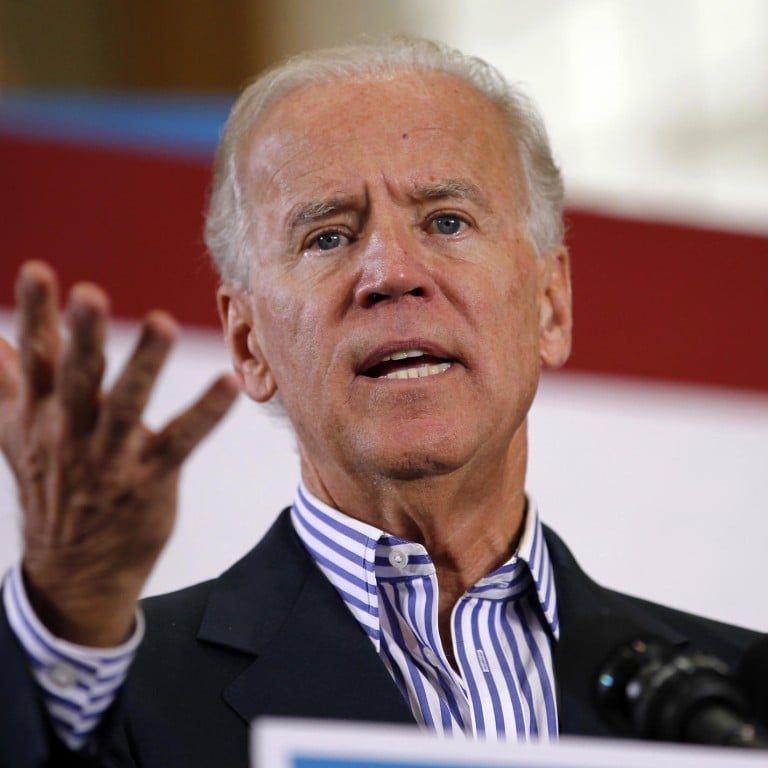
Backlash against US spying unlikely in Asia, analysts say
Despite a series of diplomatic overtures over alleged US surveillance in the region, a backlash like that seen in Europe is unlikely in Asia as Washington is still an irreplaceable security guarantor, analysts say.
Despite a series of diplomatic overtures over alleged US surveillance in the region, a backlash like that seen in Europe is unlikely in Asia as Washington is still an irreplaceable security guarantor, analysts say.
The revelation that the US was co-operating with its ally Australia to spy on Asian countries came a few weeks after reports of similar activities sparked outcries in Europe and one month after President Barack Obama's no-show at two regional summits raised doubts about Washington's commitment to the region.
If anything, the reports had merely confirmed suspicions the US has been spying on Asian nations, said Dr Oh Ei Sun, a senior fellow at the S. Rajaratnam School of International Studies in Singapore and a former adviser to the Malaysian government.
"Whether they like it or not, a lot of countries in the region still rely on the US for security balancing," Oh said.
While Beijing had sought to enhance security ties with Asian neighbours, Oh said it had not yet been able to provide a guarantee that was similar to that on offer from the US. "Even for countries with no formal security agreement [with the US], it's unspoken that the US security guarantee still plays a huge role in their national security make-up."
Countries in the region protested against US surveillance after documents leaked by whistle-blower Edward Snowdon showed that Australian embassies were being used to monitor phones and collect data for Washington. Jakarta summoned Australian ambassador Greg Moriarty after it was reported that the US and Australia mounted a joint surveillance operation against Indonesia during UN climate talks in 2007.
Enhancing military ties with Asian countries has been a pillar of Obama's policy to re-engage with the region in response to a rising China, a policy better known as the "pivot". Countries in the region, however, were disappointed that Obama had to repeatedly cancel trips to Asia.
In October, the government shutdown forced the US president to skip the Asia-Pacific Economic Co-operation forum in Bali and the Association of Southeast Asian Nations summit in Brunei.
Richard Heydarian, a foreign policy adviser to the Philippine Congress and a lecturer at Ateneo de Manila University, said the incident would create a few months of embarrassment for the Obama administration, but military co-operation in the region would still move forward.
US Vice-President Joe Biden will visit China, Japan and South Korea in the first week of next month, the White House has confirmed. Biden is expected to emphasise the country's commitment to the Asia pivot.
